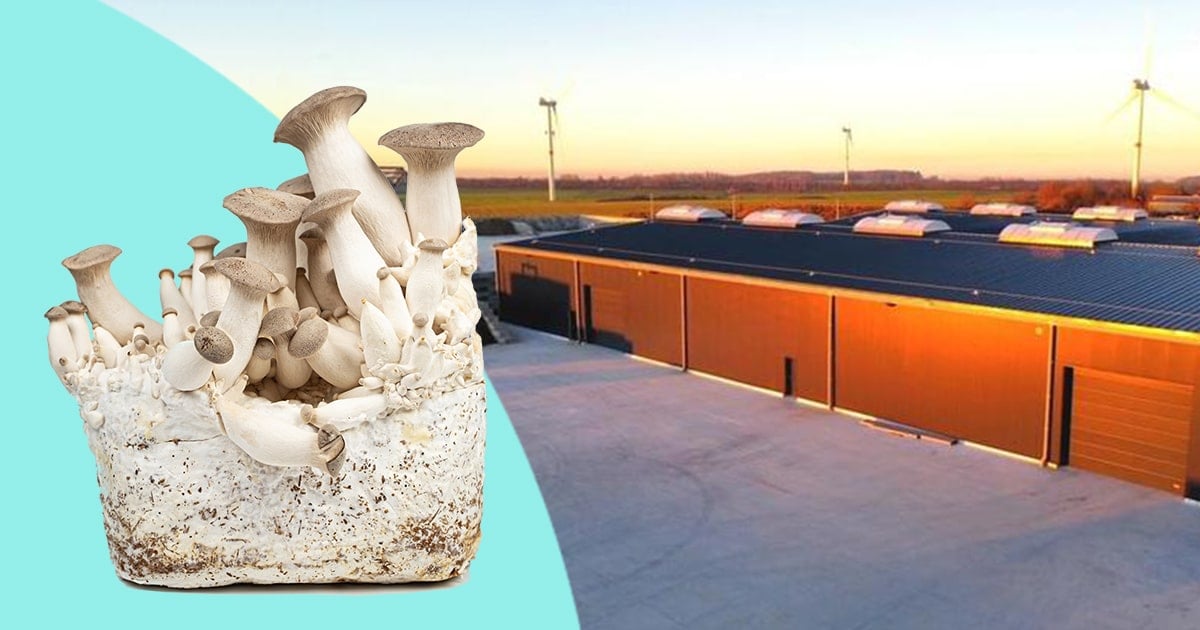Belgium-based Indoor Farming company, Eclo announced a successful raise of 4.7 million euros to build a high-tech 4,200 sqm factory in Villers-le-Bouillet in the province of Liège at the beginning of 2023. This will position Eclo as a key player in the exotic mushroom industry in Europe, with an annual production of 7,000 tons of mushroom substrate from recycled organic waste by 2026. Noshaq, Investsud Bois, GoGreen Capital, and private investors took part in this funding round. Operational support for this funding was provided by Ubiz.
Eclo has been working since 2016 to develop recipes that replace grains in exotic mushroom substrates – generally made from a wood base, grains, water, and mycelium – with organic waste from breweries and industrial bakeries. Located in the Cureghem Cellars in Brussels, the first professional facilities produced significant and encouraging results. The company's operation is based on a short supply-chain strategy for raw materials, through partnerships with local businesses: Cantillon Brewery for spent beer grain, the Colruyt Group, and Bon Pain for organic bread.



2 Comments